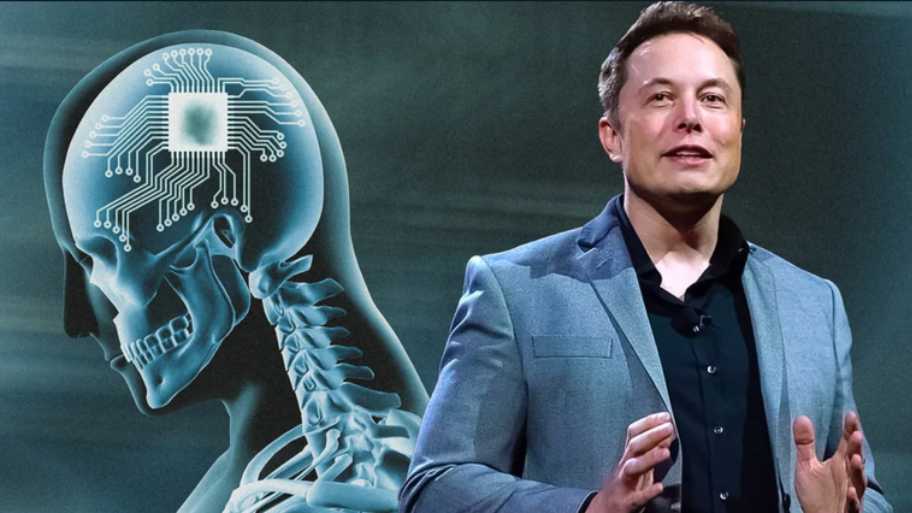According to a Reuters story, the FDA has denied Elon Musk and his business Neuralink’s request to begin testing brain chips on humans.
According to Reuters, the FDA discovered various issues with the device, including the chip’s lithium battery and the potential for minuscule wires to migrate to other portions of the brain.
Kip Ludwig, former NIH program director for neural engineering in the U.S., stated, “Neuralink does not appear to have the mentality and experience required to bring this product to market in the near future.”
Also of worry was whether or how the chip could be removed without causing brain tissue harm.
What Is Neuralink?
Musk has asserted that the technology might be transformative for paralyzed individuals, allowing them to speak and walk, or it could aid in treating visual impairment.
The chip is designed to process brain impulses before transmitting them to a device. While human trials for Neuralink have not yet begun, animal versions have apparently proved successful. However, the corporation encountered opposition and an investigation from the U.S. Department of Agriculture due to animal cruelty concerns.
Due to a surgical mishap, at least one monkey was euthanized by Neuralink last month.
